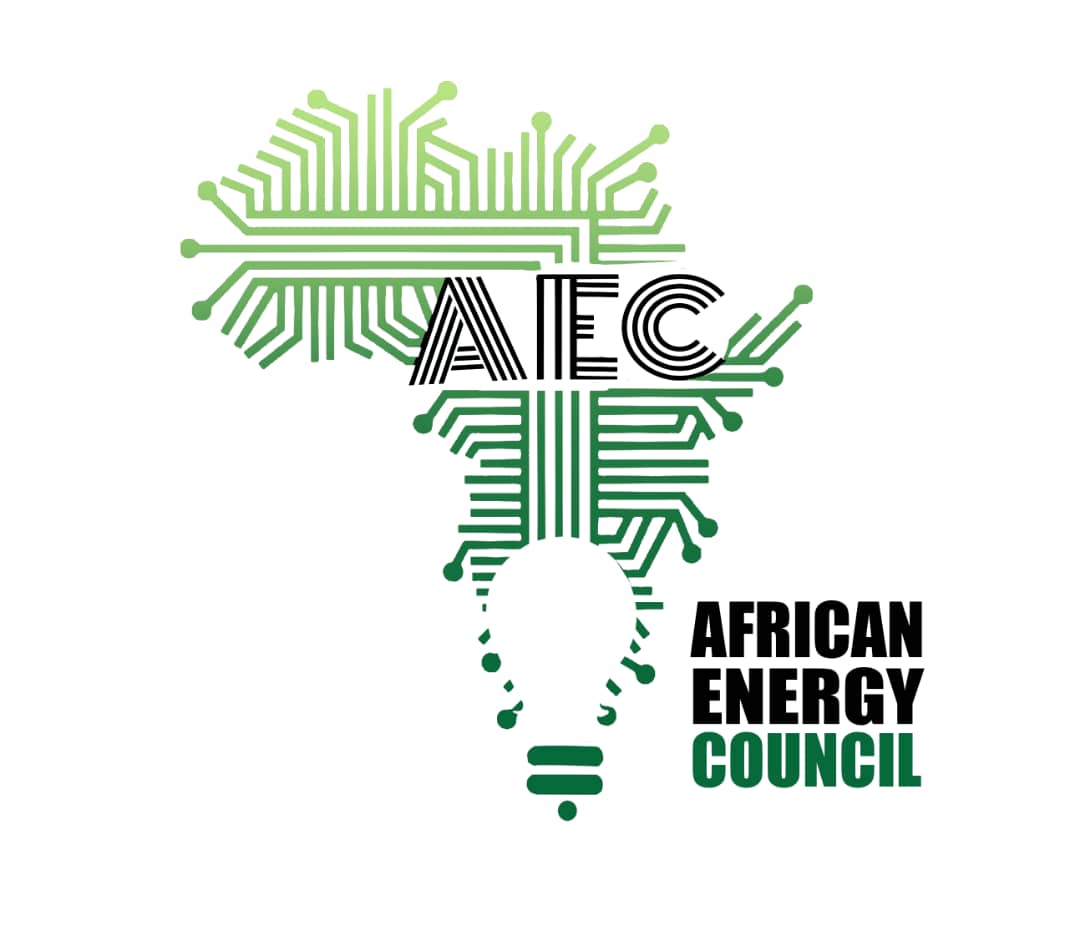The Africa Energy Bank (AEB), a pivotal financial institution aimed at advancing energy finance in Africa, has made significant progress despite failing to commence operations in March as promised by the Nigerian Minister of State for Petroleum Resources, Heineken Lokpobiri. In February, Lokpobiri announced that the building hosting the bank in Abuja was receiving finishing touches, with projections that the bank would take off by the first quarter of 2025.
However, as the year entered its second quarter, the bank has yet to open for business. Nevertheless, the AEB has gained momentum, with Angola and Ghana joining Nigeria in contributing their capital shares to the bank. This development reinforces the AEB’s role in advancing energy finance in Africa.
The AEB aims to finance oil and gas projects across the continent, addressing funding challenges posed by traditional Western financial institutions’ reluctance to support fossil fuel initiatives due to environmental concerns. The African Petroleum Producers Organisation (APPO) has requested each of its 18 member states to contribute $83 million, targeting a total initial capitalization of $5 billion.
Secretary-General of APPO, Omar Farouk, announced that Nigeria, Angola, and Ghana have fulfilled their capital commitments, representing 44% of the minimum required funding from APPO member states to initiate the bank’s operations. This milestone marks a significant step towards the AEB’s goal of commencing operations in the first half of 2025.
Beyond Nigeria, Angola, and Ghana, five additional APPO member states – Algeria, Benin, the Republic of Congo, Equatorial Guinea, and Ivory Coast – have pledged to make their payments. This demonstrates the growing commitment of African countries to the AEB’s mission of providing tailored financing solutions for energy projects.
The establishment of the AEB is a strategic response to Africa’s need for dedicated financial institutions that understand the continent’s unique energy landscape. By providing financing solutions, the bank is poised to accelerate energy project development, enhance energy security, and drive economic growth.
As more countries contribute their capital shares, the AEB is expected to play a pivotal role in unlocking investment, bridging financing gaps, and ensuring sustainable energy expansion across Africa. The bank’s delayed launch notwithstanding, the progress made so far is a testament to the commitment of African countries to harnessing the continent’s energy potential.
Nigeria, as sub-Saharan Africa’s largest oil producer, offers significant opportunities in the oil and gas sector, including a 2025 bid round. The AEB’s role in financing energy projects will be crucial in unlocking these opportunities and driving economic growth.
The African Energy Week 2025, scheduled to take place from September 29 to October 3 in Cape Town, will serve as a vital platform to advance discussions on the AEB’s role in mobilizing investment and bridging financing gaps. The event will bring together energy stakeholders, policymakers, and industry experts to explore the AEB’s potential in transforming Africa’s energy landscape.
In conclusion, despite the delayed launch, the Africa Energy Bank has made significant progress, with Nigeria, Angola, and Ghana fulfilling their capital commitments. As more countries contribute to the bank’s capitalization, the AEB is poised to play a pivotal role in advancing energy finance in Africa. The bank’s mission of providing tailored financing solutions for energy projects will be crucial in unlocking investment, bridging financing gaps, and ensuring sustainable energy expansion across the continent.








Leave feedback about this